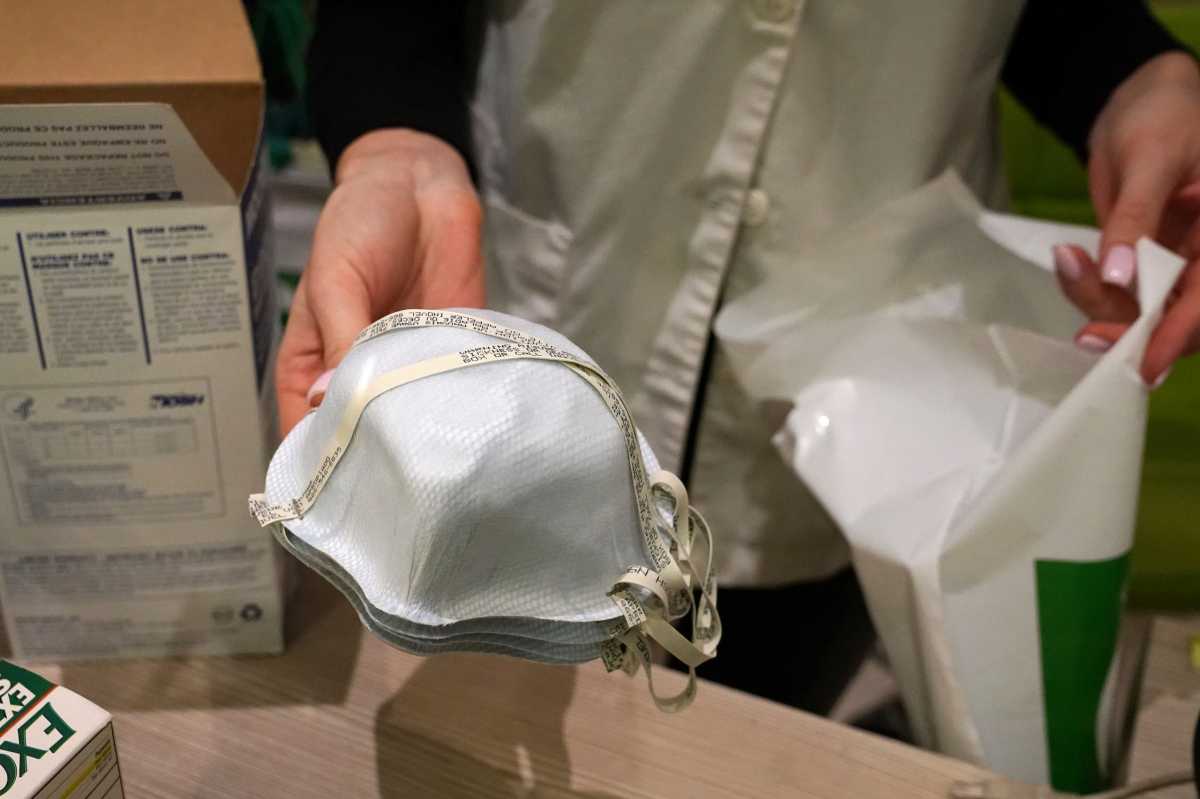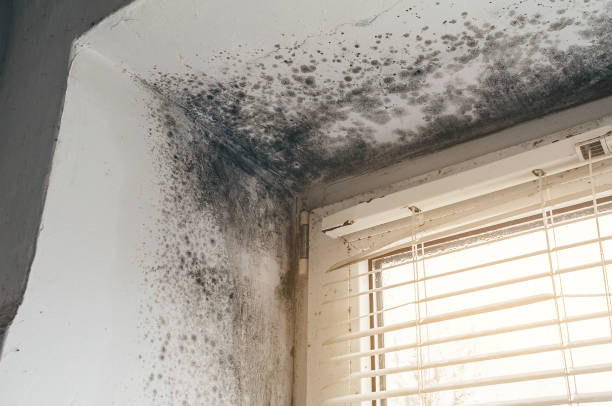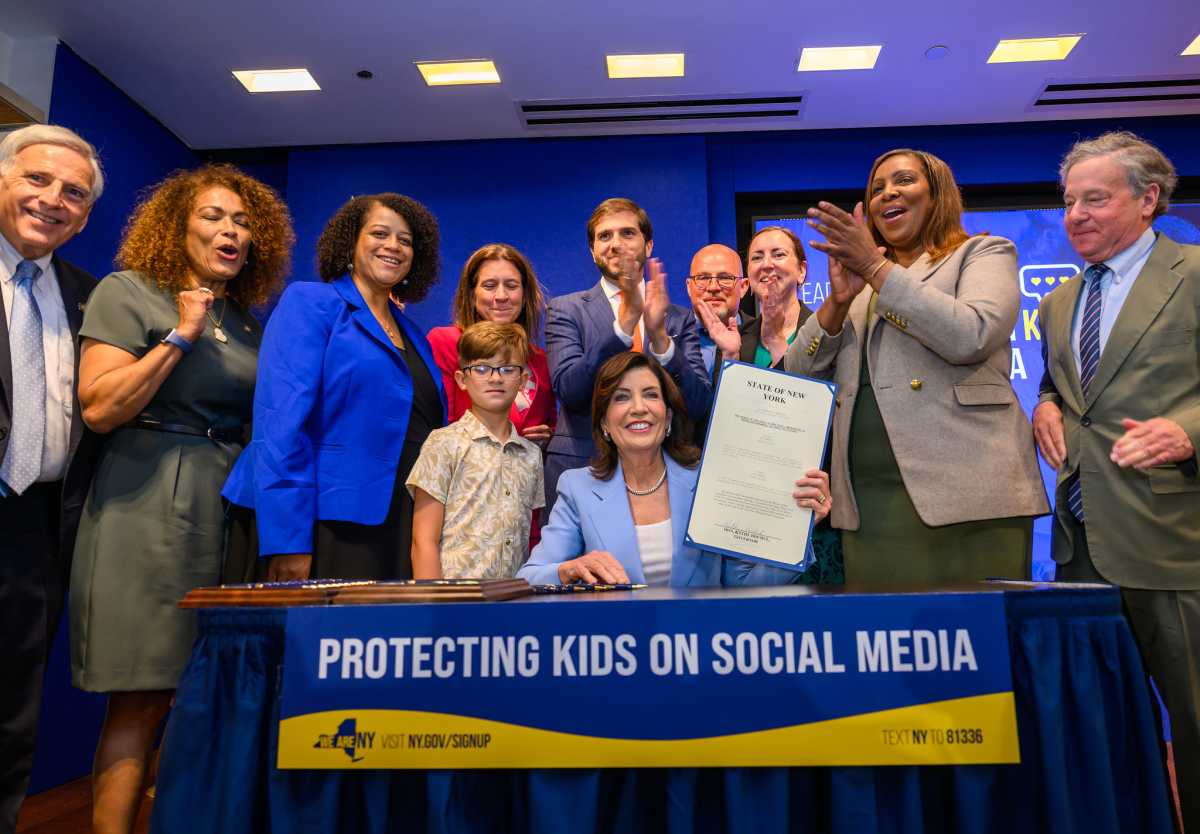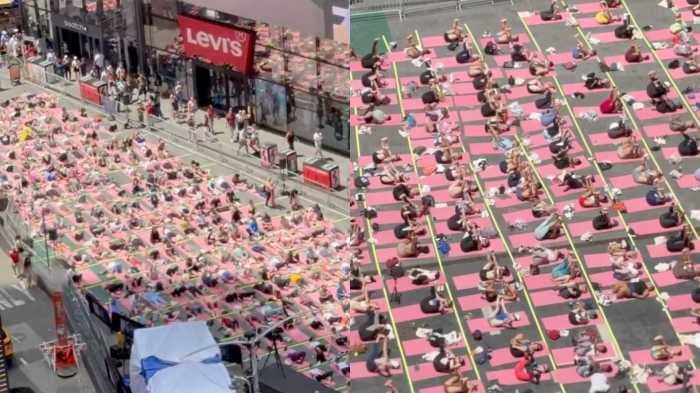BY DAVID MORGAN AND MICHAEL ERMAN
U.S. officials on Thursday said they were ramping up efforts to guard Americans against a local spread of the new coronavirus, dispatching test kits nationwide, and promising funding legislation within the next two weeks.
At least 40 public health labs should now be able to test specimens for coronavirus and that could more than double as soon as Friday, Health and Human Services Secretary Alex Azar told a House of Representatives committee.
He said a newly manufactured test from the Centers for Disease Control and Prevention (CDC) can be sent to 93 public health labs as soon as Monday, and a privately manufactured test based on the new CDC test could be sent to those same labs as early as tomorrow.
Some state and local public health workers, however, have expressed concern about how quickly the U.S. has been able to scale up its coronavirus testing capability. As of Monday, only five U.S. states – California, Illinois, Nebraska, Nevada and Tennessee – had the capability to test for the virus, according to the Association of Public Health Laboratories.
Funding for the preparation has become a political issue in an election year. President Donald Trump, a Republican, is seeking $2.5 billion from Congress to boost the government’s response. Senate Democratic Leader Chuck Schumer has called for $8.5 billion.
Senate Majority Leader Mitch McConnell said he expected the divided U.S. Congress would make an urgent bipartisan effort to come up with legislation to fund the fight.
“I hope they can work expeditiously so the full Senate would be able to take up the legislation within the next two weeks,” said McConnell, speaking on the Senate floor.
The number of cases in the United States is still relatively small at 60, the bulk of them repatriated American passengers from the Diamond Princess cruise ship docked in Japan.
China, where the coronavirus started, has borne the brunt of the outbreak, with nearly 80,000 cases and 2,746 deaths. It has spread to another 44 countries with 3,246 cases and 51 deaths reported.
Trump told Americans in a news conference on Wednesday that the risk from coronavirus remained “very low.”
But city and state officials were still gearing up for a potential public health crisis.
New York Mayor Bill de Blasio on Wednesday announced plans to provide up to 1,200 hospital beds if needed and called on the federal government to help the city obtain 300,000 extra protective masks. The city currently has no confirmed cases.
International health officials warned against complacency.
Rich countries that might have thought they were safe from the coronavirus should expect surprises, the head of the World Health Organization (WHO) said.
“No country should assume it won’t get cases, that would be a fatal mistake, quite literally,” WHO Director General Tedros Adhanom Ghebreyesus said in Geneva.
Various treatments are being tested for the virus, that can lead to pneumonia, but a vaccine may take up to 18 months to develop, health officials have said.
MARKETS
On Wall Street, major indexes were set for their steepest weekly pullback since the financial crisis more than a decade ago over fears of a global pandemic and local spread.
Trump, who is running for re-election in November, has been increasingly alarmed by the market reaction. On Wednesday he blamed Democrats competing to be their party’s nominee as well as two cable TV news channels, CNN and MSNBC, for spooking investors.
On Thursday, Democrats went on the offensive.
“I’m worried this administration is not prepared for the global outbreak,” Democratic U.S. Representative Bill Pascrell told Azar, citing Trump’s tweets focused on the stock market. “I don’t see a plan to manage the risk.”
U.S. Senator Chris Coons, a Democrat on the Senate Foreign Relations Committee, welcomed the White House effort. But he said Trump’s record of dismissing science and the administration’s budget cuts to public health spending raised concerns.
“I hope that the administration, and President Trump in particular, will respect the scientific leaders – the very capable leaders – at NIH (National Institutes of Health) and CDC,” Coons told MSNBC in an interview.
Schumer and Democratic House Speaker Nancy Pelosi asked for assurances that Trump would not transfer new funds to any other use apart from fighting infectious diseases.
“Any emergency funding supplemental the Congress approves must be entirely new funding – not stolen from other accounts,” they said in a statement.






































